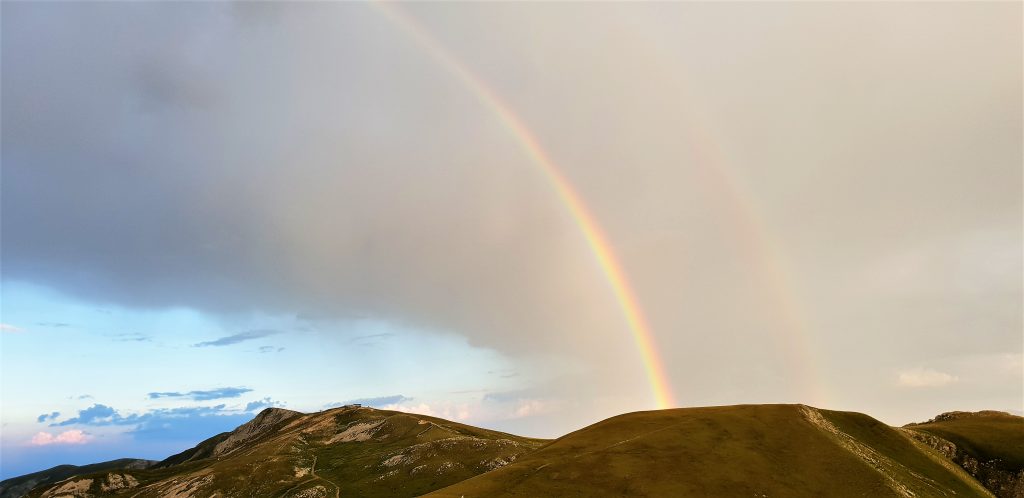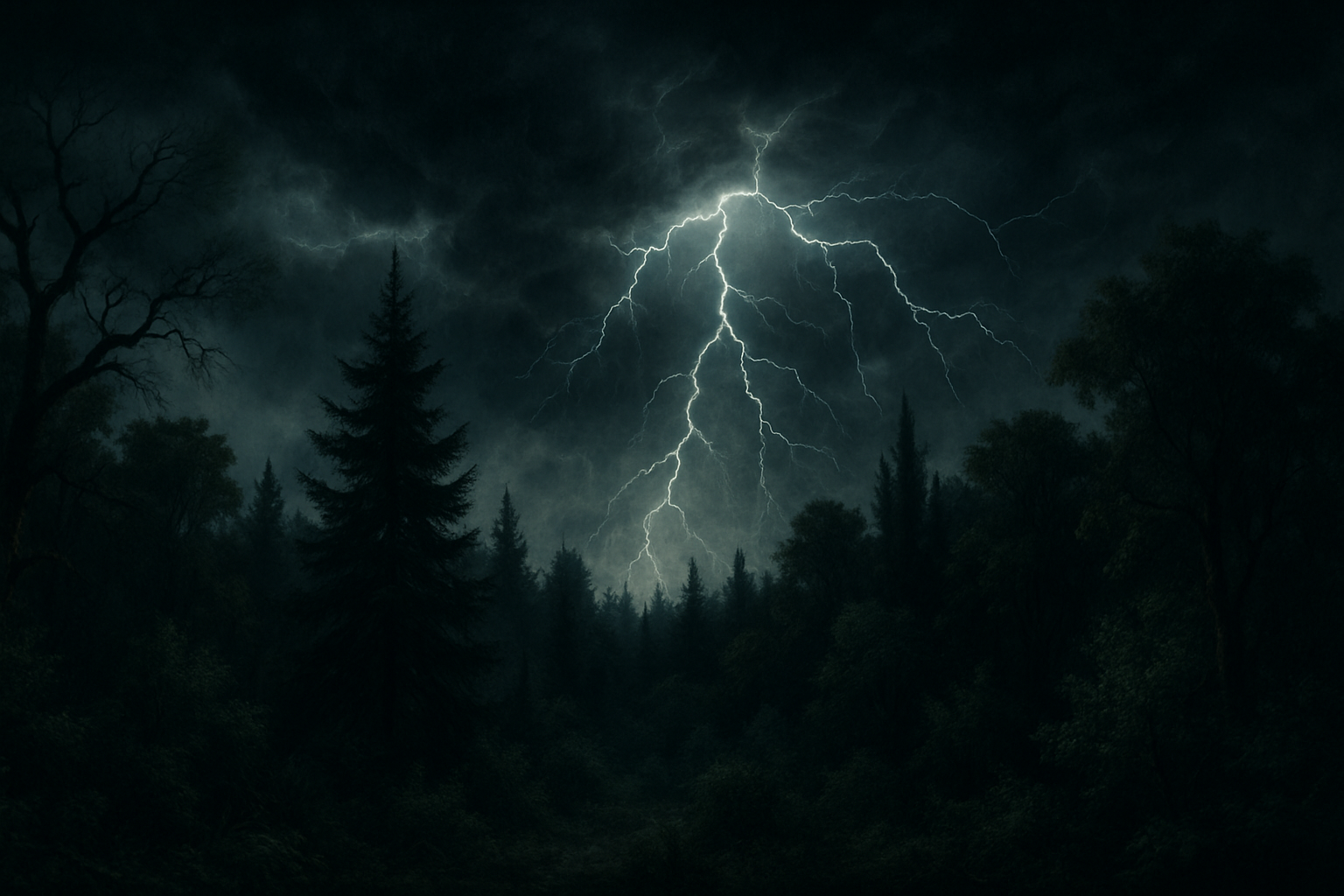There’s something primal about watching lightning tear through the sky and strike a tree. A sudden, sharp sound. A blinding flash. Then silence—smoke, debris, and a strange, paralyzing stillness. If that lightning hits a person, the feeling shifts entirely: disorientation, horror, and a deep sense of helplessness in the face of something uncontrollable.
Lately, that same kind of fear, dizziness, and powerlessness is rippling through the halls—both physical and virtual—of tech companies. Waves of layoffs, striking without warning like bolts from the sky, have become all too common. It doesn’t matter how skilled, valuable, or motivated someone is: when the lightning comes, it hits without mercy.
Every time Teams opens with a new notification, or a sudden meeting appears on the calendar, hearts race. It’s like watching the sky darken, knowing something destructive may be moments away. When it hits, those affected are left stunned. Their professional identity shatters, their sense of direction vanishes. Those who remain are often overcome with guilt—and the quiet fear that they might be next.
And yet, something surprising happens in the aftermath. LinkedIn—so often a polished display of achievements—transforms into an emergency response hub. Supportive posts, job leads, referrals, offers of help: a digital chain of solidarity forms, much like the community relief efforts that spring up after natural disasters. In an industry as relentlessly competitive as tech, this isn’t something to take for granted. But perhaps, as in real tragedy, it’s in collapse that we rediscover the power of connection, the voices saying “I’m here.”
This isn’t just about economics. It’s emotional. Layoffs in tech are no longer exceptions—they’re patterns. No longer reactions to clear crises, but systematic tools for restructuring, repositioning, and, at times, speculation.
As a society, as a professional community, we need to ask: how much can we withstand before the whole ecosystem stops growing and starts to burn, like a tree struck by lightning?
The real danger isn’t just job loss—it’s the erosion of trust, the slow collapse of the collective spirit that fuels every innovation. And yet, maybe, in those sparks of humanity that flash during the darkest moments, there’s still a path to rebuilding.

